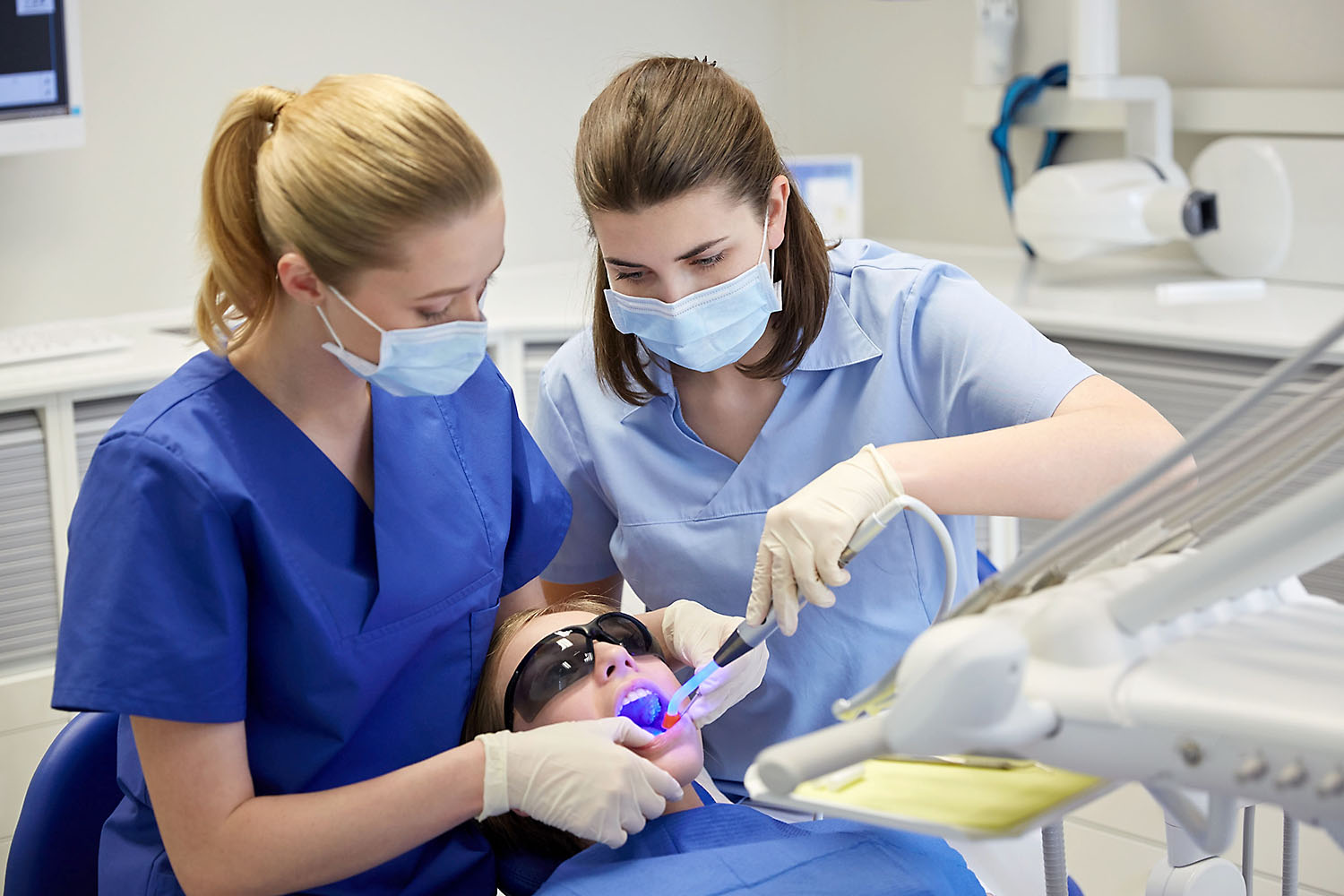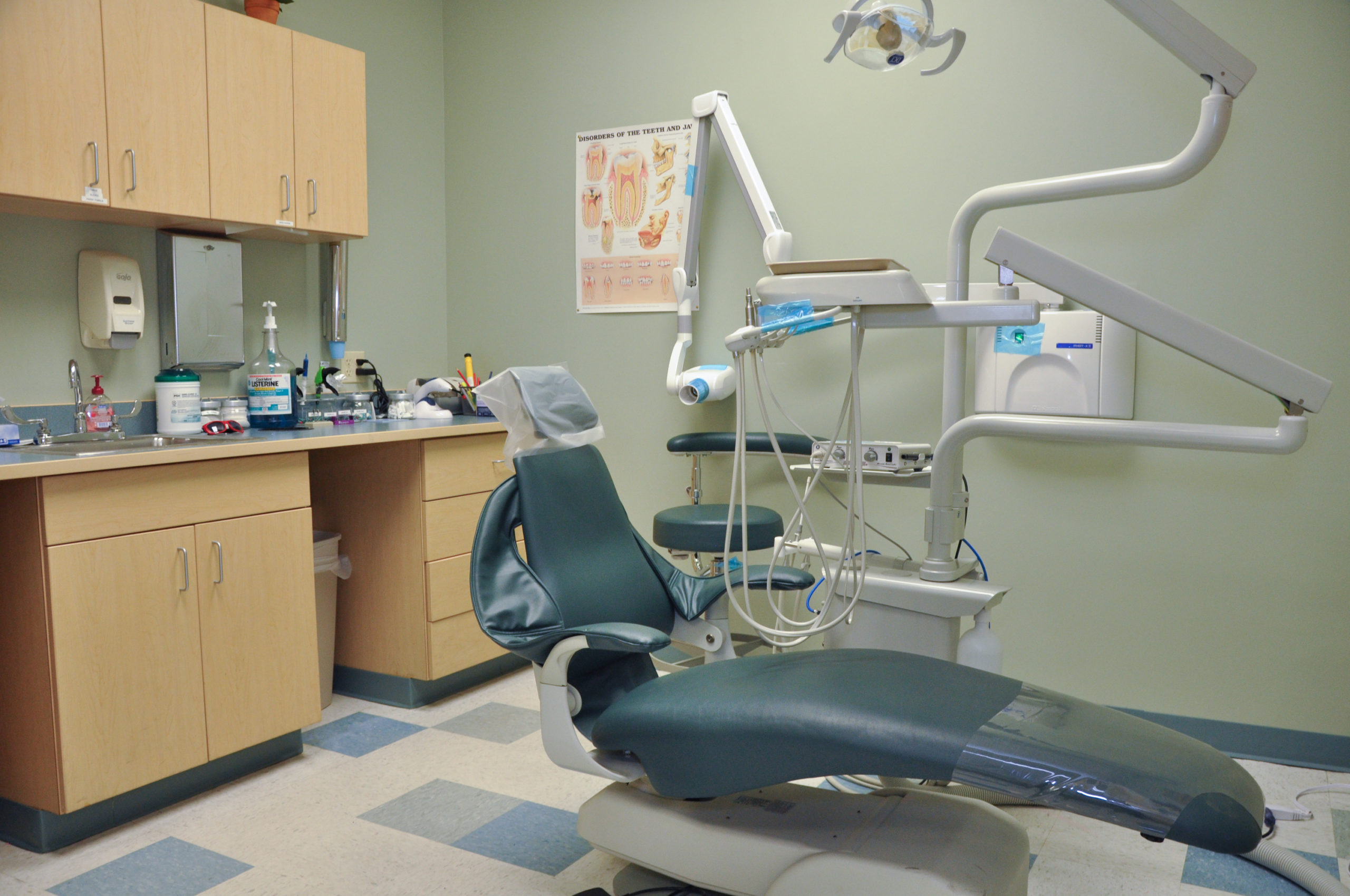Discover the Top Dentist Eugene Oregon Residents Count On for Exceptional Care
Discover the Top Dentist Eugene Oregon Residents Count On for Exceptional Care
Blog Article
An Overview to Common Oral Conditions That Require a Dental practitioner's Treatment
Toothaches, for instance, can be symptomatic of serious problems such as cavities, cracked teeth, or abscesses, each calling for details treatments like fillings or origin canals. Influenced knowledge teeth and jaw disorders can present substantial pain and issues.
Toothaches
Toothaches are a typical dental problem that can range from mild pain to serious pain, often showing a hidden issue that calls for expert attention. This discomfort can stem from a selection of resources, including dental cavities, cracked or fractured teeth, and dental abscesses. Each of these problems presents significant threats if left without treatment, potentially bring about a lot more severe issues.
Dental cavities, additionally understood as caries, are created by the accumulation of plaque that erodes tooth enamel, leading to openings or pits in the affected teeth. Abscesses are excruciating infections at the root of a tooth or in between a tooth and the gum tissue, normally resulting from severe decay or untreated dental caries.
Efficient therapy of toothaches includes addressing the origin. This might consist of fillings for cavities, crowns for broken teeth, or origin canals and antibiotics for abscesses. Very early intervention by a dental specialist can avoid more wear and tear and alleviate pain, making certain ideal dental health.
Gum Condition
Gum illness, a widespread yet typically forgotten dental condition, shows up through inflammation and infection of the gum tissues and supporting tissues. This problem largely occurs in two phases: gingivitis and periodontitis. Gingivitis, the milder kind, presents with signs such as red, puffy gum tissues that may bleed quickly throughout brushing or flossing. If left without treatment, gingivitis can proceed to periodontitis, an extra severe form identified by the devastation of the sustaining bone and connective cells, inevitably causing missing teeth.
The main reason for periodontal condition is bacterial plaque, a sticky, anemic film that frequently forms on teeth. Poor oral hygiene, smoking, genetic predisposition, and certain clinical problems, such as diabetes mellitus, can worsen the risk of developing gum disease. Regular oral exams are crucial for very early discovery and administration of this condition.
Treatment for gum tissue condition varies from expert dental cleansing and scaling to advanced procedures like origin planing and periodontal surgical procedure, relying on the extent. Maintaining excellent oral hygiene practices, including cleaning twice daily, flossing, and using a disinfectant mouth wash, can substantially decrease the risk of gum tissue disease and advertise much healthier periodontals.
Cavities
Dental caries, also referred to as tooth decays, are a typical dental problem characterized by the damage of tooth enamel due to acid-producing microorganisms in the mouth. These bacteria grow on sugars and starches from food and beverages, generating acids that slowly deteriorate the enamel, causing cavity formation.
Early-stage cavities may disappoint symptoms, yet as they progress, they can trigger tooth pain, sensitivity to warm or chilly, noticeable holes or pits in the teeth, and staining. If left untreated, tooth cavities can pass through deeper layers of the tooth, possibly leading to severe pain, infection, and also tooth loss.
Avoiding dental caries involves a combination of excellent dental hygiene methods and nutritional behaviors. Regular brushing with fluoride tooth paste, flossing, and regular oral check-ups are important. Dentists may also suggest added preventive measures, such as fluoride treatments and dental sealants, to secure teeth from degeneration.
Therapy for cavities depends on their intensity. Small dental caries can be addressed with dental fillings, which restore the tooth's structure. Advanced situations may need crowns or even root canal therapy if the decay has reached the tooth's pulp. Timely intervention by a dentist is vital to stop issues and preserve general dental health.

Impacted Wisdom Teeth
Influenced wisdom teeth are a common oral concern that occurs when the third molars, generally described as wisdom teeth, fail to completely arise or straighten properly within the mouth. This condition typically arises from not enough room in the jaw or an abnormal growth angle of the teeth. Affected wisdom teeth can cause a selection of difficulties, including damage, pain, and infection to adjacent teeth.
When knowledge teeth become impacted, they are often partially erupted or continue to be totally underneath the gum tissue line. This partial eruption can develop a pathway for germs to go into the periodontals, causing infections that show up as swelling, discomfort, and even fever. Additionally, impacted knowledge teeth can apply stress on surrounding teeth, possibly triggering crowding or moving.
A detailed dental evaluation, usually including X-rays, is crucial for diagnosing impacted wisdom teeth. Treatment often involves surgical extraction, carried out by a dental specialist. The treatment intends to relieve discomfort and protect against more complications, such as cysts or damages to bordering bone frameworks. Post-operative care is important to This Site guarantee appropriate healing and reduce the risk of infection. Normal oral examinations are a good idea to keep track of the condition and preserve oral health.
Jaw Conditions
Jaw problems, jointly known as temporomandibular joint (TMJ) problems, encompass a series of conditions that impact the jaw joint and bordering muscles. These conditions can show up through signs and symptoms such as discomfort or tenderness in the jaw, problem eating, a clicking or popping audio when opening or closing the mouth, and also chronic migraines. TMJ problems can develop from numerous elements, consisting of joint inflammation, jaw injury, or habitual habits like teeth grinding or jaw clenching.
Medical diagnosis of TMJ problems generally includes a thorough evaluation by a dental practitioner, including a checkup of the jaw, dental X-rays, and often progressed imaging techniques like MRI or CT scans to evaluate the joint's problem. Therapy alternatives differ relying on the severity of the disorder. Non-invasive methods such as physical treatment, dental splints, and medicines targeted at minimizing swelling and discomfort are commonly first-line therapies. In extra extreme instances, medical treatments might be needed to remedy structural problems within the joint.
Early treatment by an oral professional is crucial to prevent the development of TMJ conditions and to maintain total oral health. People experiencing consistent jaw pain or disorder ought to look for timely evaluation and therapy.
Final Thought
Toothaches often suggest underlying problems such as visit dental caries, cracked teeth, or abscesses, needing timely intervention. Affected wisdom teeth and jaw disorders also call for expert attention to alleviate pain and read this avoid more difficulties.
Oral tooth cavities, additionally known as caries, are caused by the build-up of plaque that wears down tooth enamel, leading to holes or pits in the affected teeth. Abscesses are agonizing infections at the root of a tooth or in between the gum and a tooth, normally resulting from extreme decay or neglected cavities.

Furthermore, influenced wisdom teeth can exert stress on surrounding teeth, possibly triggering crowding or shifting.
Report this page